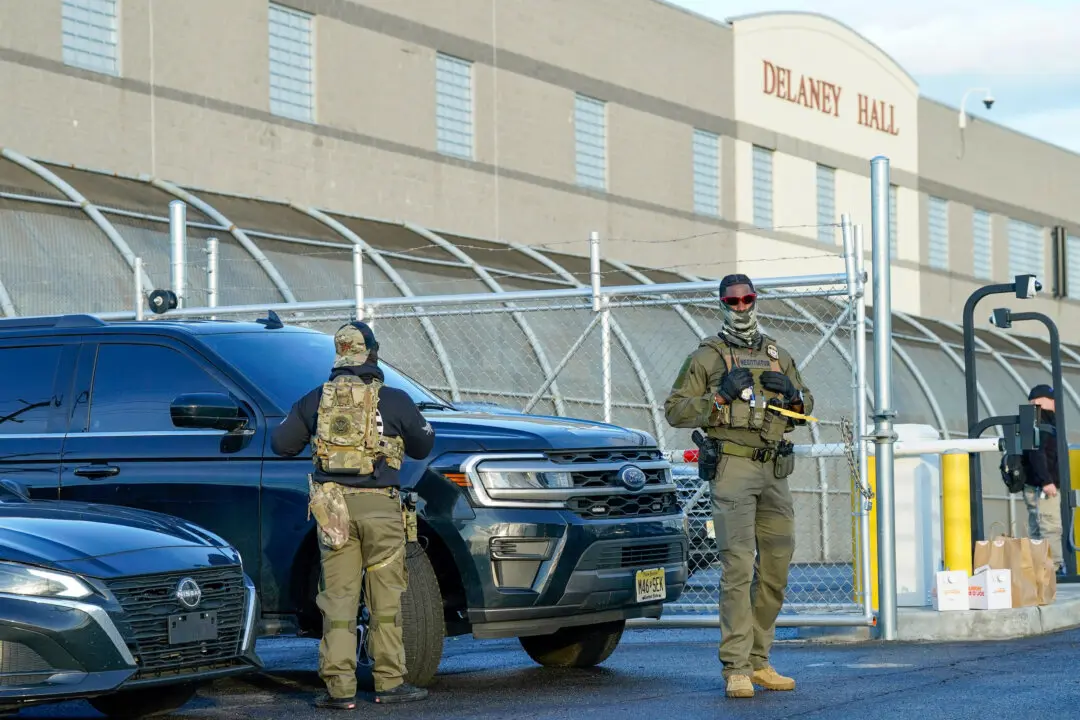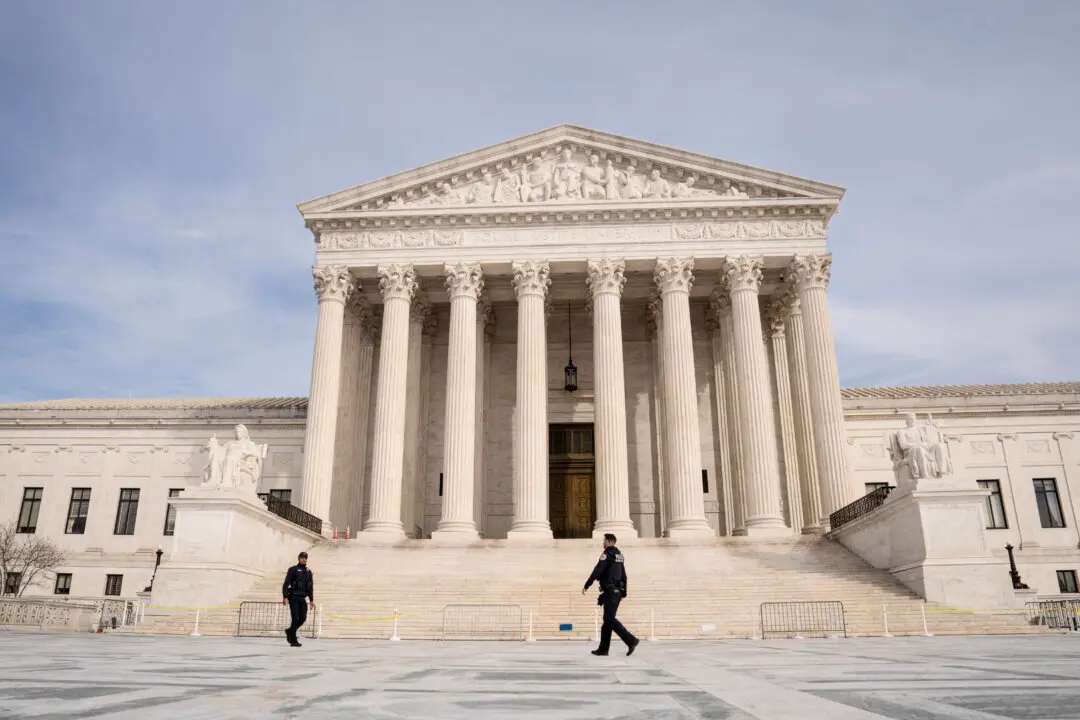Kentucky’s Republican attorney general should be allowed to continue to defend a state abortion law struck down as unconstitutional by lower courts after the state’s Democratic governor refused to do so, the U.S. Supreme Court ruled in an 8–1 decision on March 3.
Although Kentucky’s abortion law itself wasn’t at issue in the case, this is the court’s first opinion in an abortion-related case since Justice Amy Coney Barrett’s addition to the bench in October 2020 gave its conservative wing a 6–3 majority.





